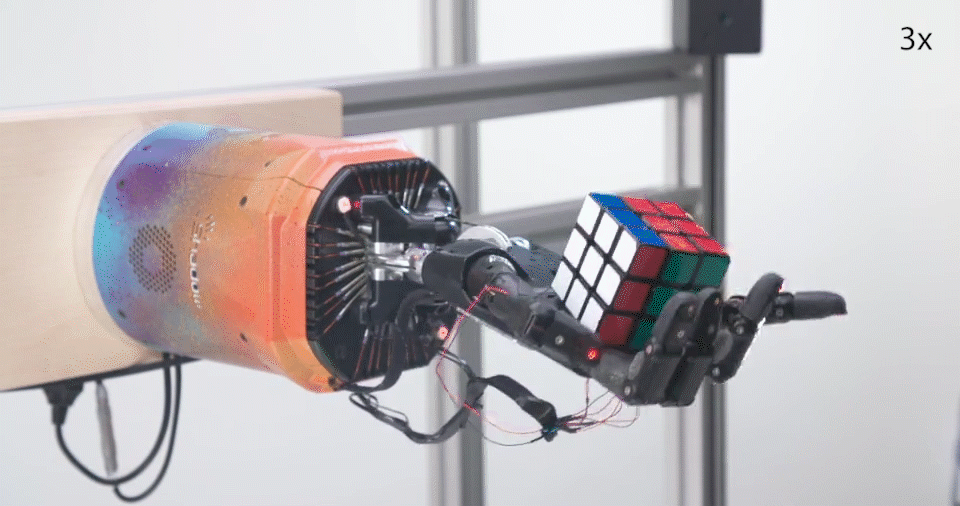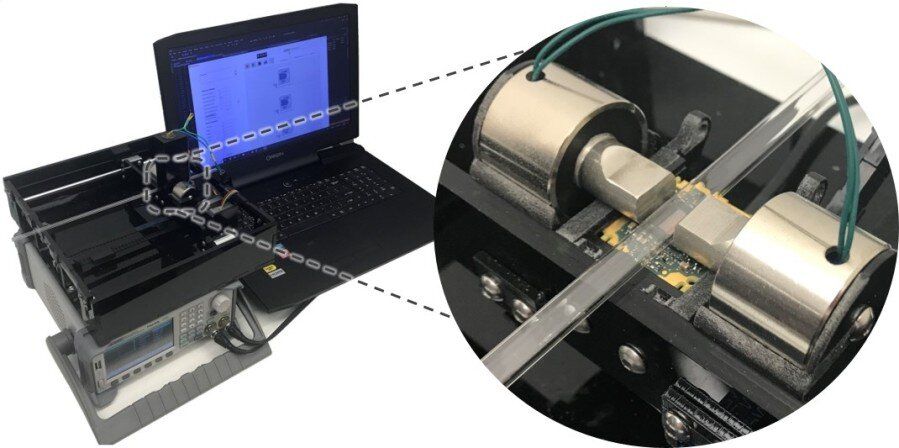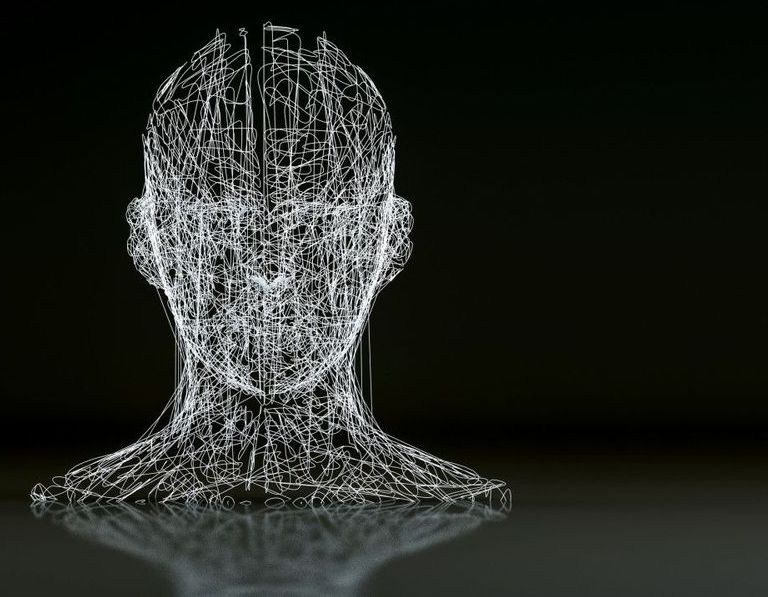The team observed an abstract “pull” that lures neural networks into an optimal functional state, so they never stray far from their dedicated “set points.”



By and Targeting Metabesity to examine the links between metabesity, Longevity and the USA’s current health shortfalls, including low health-adjusted life expectancy (“HALE”) and the large gap between HALE and life expectancy, despite its extremely high per-capita healthcare expenditures, and to chart policy recommendations to neutralize this vast health vs wealth deficit.
Metabesity and Longevity: USA Special Case Study is an 85-page open-access analytical report produced jointly by Aging Analytics Agency and Targeting Metabesity to examine the links between metabesity, Longevity and the USA s current health shortfalls, including low health-adjusted life expectancy ( HALE ) and the large gap between HALE and life expectancy, despite its extremely high per-capita healthcare expenditures, and to chart policy recommendations to neutralize this vast health vs wealth deficit.
Link to Special Case Study: https://aginganalytics.com/longevity-usa/
As the issue of aging population intensifies, sick care will become increasingly expensive and ineffective. America needs to rapidly deploy a government-led shift from treatment to prevention, and from prevention to precision health, using deep diagnostics and prognostics in combination with biomarkers of aging, metabesity, health and intervention-effectiveness, to delay the onset of disease with as minimal intervention as possible, as early as possible. Seeking synergies between Longevity research, P4 (preventive, personalized, precision and participatory) medicine and Artificial Intelligence has the potential to enable rapid and widespread policy and infrastructural reforms for USA healthcare to quickly boost National Healthy Longevity, but only with sufficient government commitment.
Brain-machine interface enthusiasts often gush about “closing the loop.” It’s for good reason. On the implant level, it means engineering smarter probes that only activate when they detect faulty electrical signals in brain circuits. Elon Musk’s Neuralink—among other players—are readily pursuing these bi-directional implants that both measure and zap the brain.
But to scientists laboring to restore functionality to paralyzed patients or amputees, “closing the loop” has broader connotations. Building smart mind-controlled robotic limbs isn’t enough; the next frontier is restoring sensation in offline body parts. To truly meld biology with machine, the robotic appendage has to “feel one” with the body.
This month, two studies from Science Robotics describe complementary ways forward. In one, scientists from the University of Utah paired a state-of-the-art robotic arm—the DEKA LUKE—with electrically stimulating remaining nerves above the attachment point. Using artificial zaps to mimic the skin’s natural response patterns to touch, the team dramatically increased the patient’s ability to identify objects. Without much training, he could easily discriminate between the small and large and the soft and hard while blindfolded and wearing headphones.


In work that combines a deep understanding of the biology of soft-bodied animals such as earthworms with advances in materials and electronic technologies, researchers from the United States and China have developed a robotic device containing a stretchable transistor that allows neurological function.
Cunjiang Yu, Bill D. Cook Associate Professor of Mechanical Engineering at the University of Houston, said the work represents a significant step toward the development of prosthetics that could directly connect with the peripheral nerves in biological tissues, offering neurological function to artificial limbs, as well as toward advances in soft neurorobots capable of thinking and making judgments. Yu is corresponding author for a paper describing the work, published in Science Advances.
He is also a principal investigator with the Texas Center for Superconductivity at the University of Houston.
Artificial intelligence research organization OpenAI has achieved a new milestone in its quest to build general purpose, self-learning robots. The group’s robotics division says Dactyl, its humanoid robotic hand first developed last year, has learned to solve a Rubik’s cube one-handed. OpenAI sees the feat as a leap forward both for the dexterity of robotic appendages and its own AI software, which allows Dactyl to learn new tasks using virtual simulations before it is presented with a real, physical challenge to overcome.
In a demonstration video showcasing Dactyl’s new talent, we can see the robotic hand fumble its way toward a complete cube solve with clumsy yet accurate maneuvers. It takes many minutes, but Dactyl is eventually able to solve the puzzle. It’s somewhat unsettling to see in action, if only because the movements look noticeably less fluid than human ones and especially disjointed when compared to the blinding speed and raw dexterity on display when a human speedcuber solves the cube in a matter of seconds.
But for OpenAI, Dactyl’s achievement brings it one step closer to a much sought-after goal for the broader AI and robotics industries: a robot that can learn to perform a variety of real-world tasks, without having to train for months to years of real-world time and without needing to be specifically programmed.

Detection of rare cells in blood and other bodily fluids has numerous important applications including diagnostics, monitoring disease progression and evaluating immune response. For example, detecting and collecting circulating tumour cells (CTCs) in blood can help cancer diagnostics, study their role in the metastatic cascade and predict patient outcomes. However, because each millilitre of whole blood contains billions of blood cells, the rare cells (such as CTCs) that occur at extremely low concentrations (typically lower than 100‑1000 cells per millilitre) are very difficult to detect. Although various solutions have been developed to address this challenge, existing techniques in general are limited by high cost and low throughput.
Researchers at UCLA Henry Samueli School of Engineering have developed a new cytometry platform to detect rare cells in blood with high throughput and low cost. Published in Light: Science and Applications, this novel cytometry technique, termed magnetically modulated lensless speckle imaging, first uses magnetic bead labelling to enrich the target cells. Then the enriched liquid sample containing magnetic bead-labelled target cells is placed under an alternating magnetic field, which causes the target cells to oscillate laterally at a fixed frequency. At the same time, a laser diode illuminates the sample from above and an image sensor positioned below the sample captures a high-frame-rate lensless video of the time-varying optical pattern generated by the sample. The recorded spatiotemporal pattern contains the information needed to detect the oscillating target cells.
The researchers built a compact and low-cost prototype of this computational lensless cytometer using off-the-shelf image sensors, laser diodes and electromagnets, and used a custom-built translation stage to allow the imager unit to scan liquid sample loaded in a glass tube. The prototype can screen the equivalent of ~1.2 mL of whole blood sample in ~7 min, while costing only ~$750 and weighing ~2.1 kg. Multiple parallel imaging channels can also be easily added to the system to further increase sample throughput.

A team of researchers from the Universitat Politècnica de València (UPV) and the Université Paul Sabatier-Toulouse III (France) have developed a system that is capable of managing all traffic in a city, which will help to prevent traffic jams while reducing the driving times of vehicles and pollution levels. The system has been designed for autonomous vehicles and includes a route provider service capable of forecasting the present and future density of traffic in the city. It also takes that information into account when choosing new routes. The work has been published in Electronics.
Unlike existing systems that can suggest alternative routes depending on the bottlenecks at a certain time, the new system makes it possible to find out the present and future density of traffic in the entire metropolitan area, and controls traffic as a whole, aiming to minimize or totally eliminate traffic jams. In addition, it allows including different criteria—environmental, atypical situations, accidents, etc.—to dynamically provide advice about routes.
“Our proposal makes it easier for authorities to restrict or eliminate traffic in a certain area during the time period they find appropriate. For example, reducing traffic next to schools during the entry/exit hours, or in areas where ambulances circulate or an accident has happened, etc.,” explains Carlos Tavares Calafate, researcher at the Networking Research Group-DISCA of the UPV and coordinator of the work.

Presented by Beyond Limits
Conventional, data-crunching artificial intelligence, which is the foundation of deep learning, isn’t enough on its own; the human-like reasoning of symbolic artificial intelligence is fascinating, but on its own, it isn’t enough either.
The unique hybrid combination of the two — numeric data analytics techniques that include statistical analysis, modeling, and machine learning, plus the explainability (and transparency) of symbolic artificial intelligence — is now termed “cognitive AI.”

Individuals of the same age may not age at the same rate. Quantitative biomarkers of aging are valuable tools to measure physiological age, assess the extent of ‘healthy aging’, and potentially predict health span and life span for an individual. Given the complex nature of the aging process, the biomarkers of aging are multilayered and multifaceted. Here, we review the phenotypic and molecular biomarkers of aging. Identifying and using biomarkers of aging to improve human health, prevent age-associated diseases, and extend healthy life span are now facilitated by the fast-growing capacity of multilevel cross-sectional and longitudinal data acquisition, storage, and analysis, particularly for data related to general human populations. Combined with artificial intelligence and machine learning techniques, reliable panels of biomarkers of aging will have tremendous potential to improve human health in aging societies.
Keywords: physiological age, phenotypic, molecular, age-associated diseases, aging process.
Aging is the time-dependent physiological functional decline that affects most living organisms, which is underpinned by alterations within molecular pathways, and is also the most profound risk factor for many non-communicable diseases. To identify biomarkers of aging would, on one hand, facilitate differentiation of people who are of the same chronological age yet have variant aging rates. Quantitative biomarkers of aging could also define a panel of measurements for ‘healthy aging’ and, even further, predict life span. On the other hand, biomarkers of aging could also assist researchers to narrow their research scope to a specific biological facet in their attempts to explain the biological process behind aging or aging-related diseases. Here, we review the phenotypic and molecular biomarkers of aging. Phenotypic biomarkers can be non-invasive, panoramic, and easy to obtain, whereas molecular biomarkers can reflect some of the molecular mechanisms underlying age status.